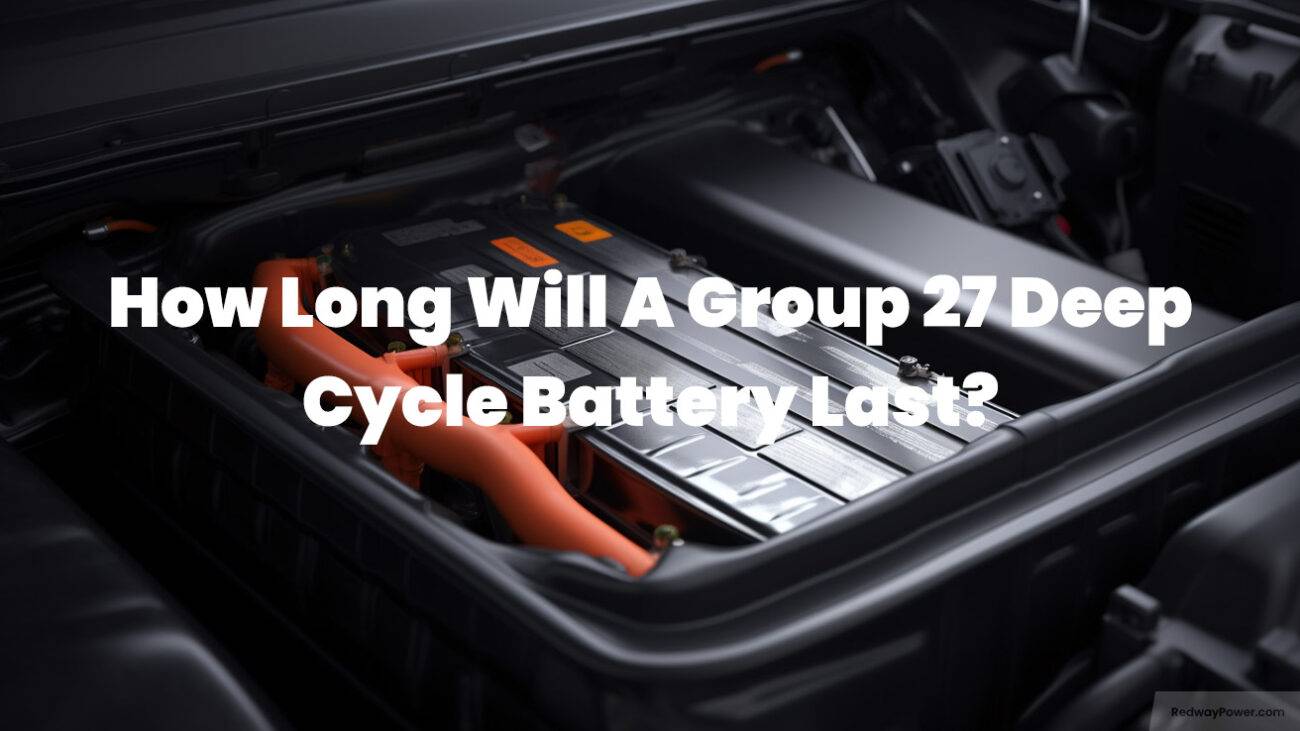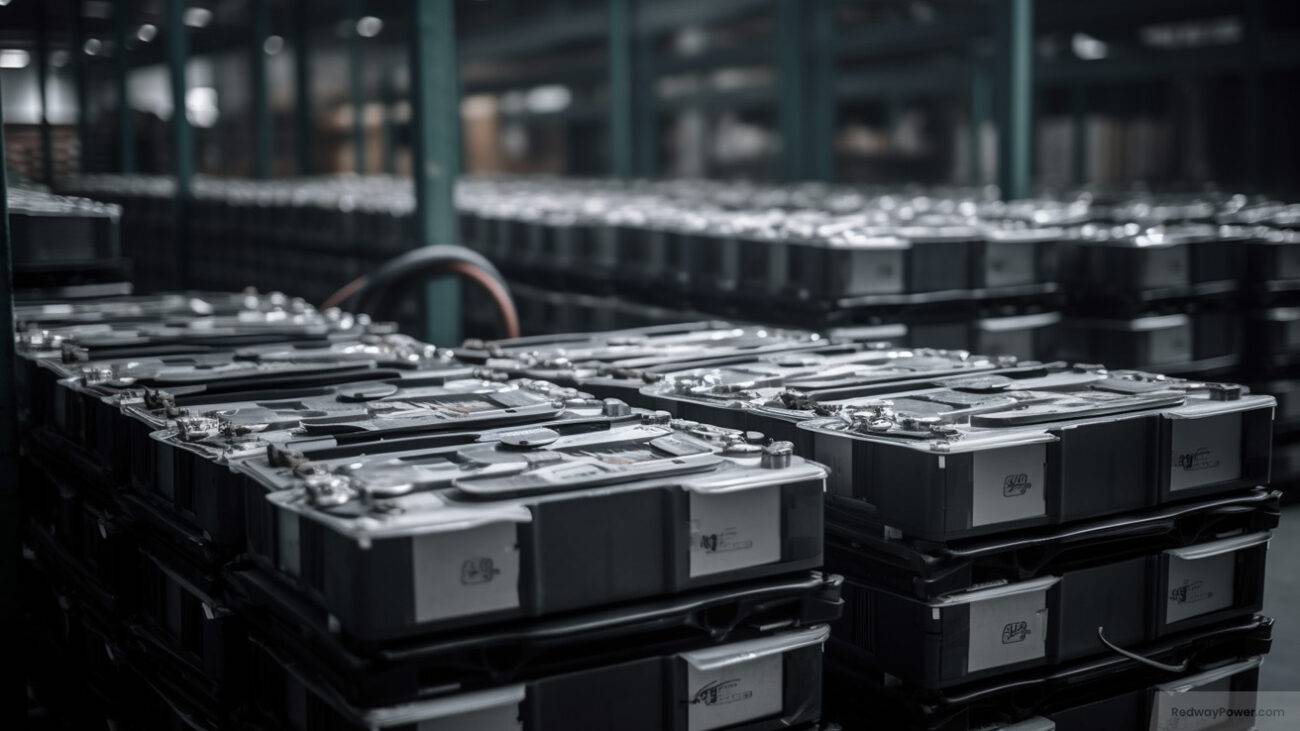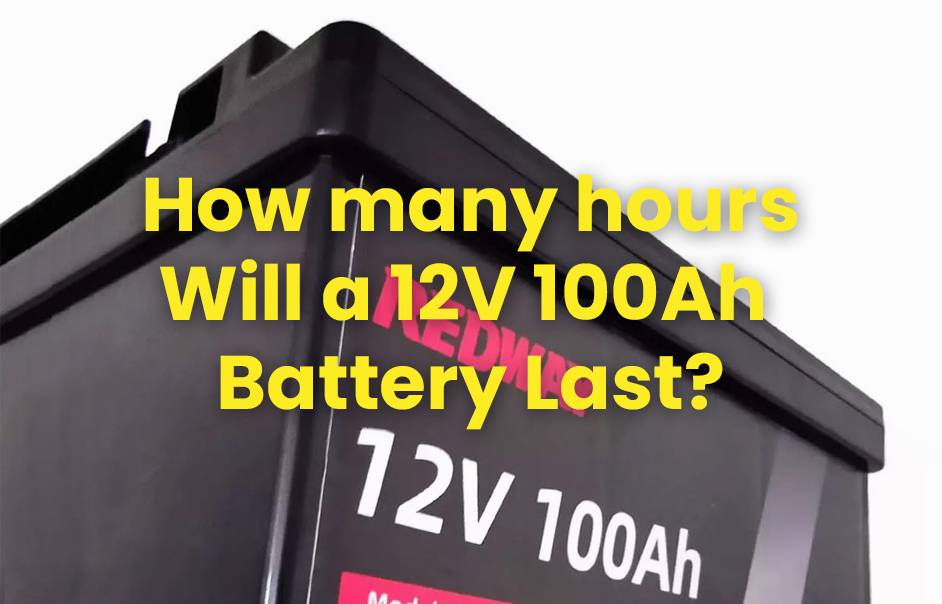- Forklift Lithium Battery
-
48V
- 48V 210Ah
- 48V 300Ah
- 48V 420Ah (949 x 349 x 569 mm)
- 48V 420Ah (950 x 421 x 450 mm)
- 48V 456Ah
- 48V 460Ah (830 x 630 x 590 mm)
- 48V 460Ah (950 x 421 x 450 mm)
- 48V 460Ah (800 x 630 x 600 mm)
- 48V 460Ah (820 x 660 x 470 mm)
- 48V 500Ah
- 48V 560Ah (810 x 630 x 600 mm)
- 48V 560Ah (950 x 592 x 450 mm)
- 48V 600Ah
- 48V 630Ah
-
48V
- Lithium Golf Cart Battery
- 12V Lithium Battery
12V 150Ah Lithium RV Battery
Bluetooth App | BCI Group 31
LiFePO4 Lithium
Discharge Temperature -20°C ~ 65°C
Fast Charger 14.6V 50A
Solar MPPT Charging - 24V Lithium Battery
- 36V Lithium Battery
- 48V Lithium Battery
-
48V LiFePO4 Battery
- 48V 50Ah
- 48V 50Ah (for Golf Carts)
- 48V 60Ah (8D)
- 48V 100Ah (8D)
- 48V 100Ah
- 48V 100Ah (Discharge 100A for Golf Carts)
- 48V 100Ah (Discharge 150A for Golf Carts)
- 48V 100Ah (Discharge 200A for Golf Carts)
- 48V 150Ah (for Golf Carts)
- 48V 160Ah (Discharge 100A for Golf Carts)
- 48V 160Ah (Discharge 160A for Golf Carts)
-
48V LiFePO4 Battery
- 60V Lithium Battery
-
60V LiFePO4 Battery
- 60V 20Ah
- 60V 30Ah
- 60V 50Ah
- 60V 50Ah (Small Size / Side Terminal)
- 60V 100Ah (for Electric Motocycle, Electric Scooter, LSV, AGV)
- 60V 100Ah (for Forklift, AGV, Electric Scooter, Sweeper)
- 60V 150Ah (E-Motocycle / E-Scooter / E-Tricycle / Tour LSV)
- 60V 200Ah (for Forklift, AGV, Electric Scooter, Sweeper)
-
60V LiFePO4 Battery
- 72V~96V Lithium Battery
- Rack-mounted Lithium Battery
- E-Bike Battery
- All-in-One Home-ESS
- Wall-mount Battery ESS
-
Home-ESS Lithium Battery PowerWall
- 24V 100Ah 2.4kWh PW24100-S PowerWall
- 48V 50Ah 2.4kWh PW4850-S PowerWall
- 48V 50Ah 2.56kWh PW5150-S PowerWall
- 48V 100Ah 5.12kWh PW51100-F PowerWall (IP65)
- 48V 100Ah 5.12kWh PW51100-S PowerWall
- 48V 100Ah 5.12kWh PW51100-H PowerWall
- 48V 200Ah 10kWh PW51200-H PowerWall
- 48V 300Ah 15kWh PW51300-H PowerWall
PowerWall 51.2V 100Ah LiFePO4 Lithium Battery
Highly popular in Asia and Eastern Europe.
CE Certification | Home-ESS -
Home-ESS Lithium Battery PowerWall
- Portable Power Stations
How to Choose the Best Leaf Blower with Exceptional Battery Life

To choose the best leaf blower with exceptional battery life, consider models with high-capacity batteries, efficient motors, and favorable runtime ratings. Look for features like fast charging, variable speed settings, and lightweight designs to ensure ease of use and prolonged operation during yard work.
How does battery life affect leaf blower performance?
Battery life directly impacts how long you can use a leaf blower before needing to recharge. Most cordless models typically offer runtimes ranging from 10 to 120 minutes, depending on the power mode and battery capacity. A longer battery life allows for uninterrupted work, making it essential for larger yards or extensive cleanup tasks.
Battery Life Comparison Chart
| Model | Battery Life (minutes) | Airflow (CFM) | Weight (lbs) |
|---|---|---|---|
| Toro 60V MAX | 120 | 900 | 12 |
| Ego Power+ LB6504 | 75 | 580 | 8 |
| Greenworks 80V | 19 | 580 | 9 |
| Milwaukee M18 | 14.75 | N/A | N/A |
What are the top cordless leaf blowers with the best battery life?
Top cordless leaf blowers with excellent battery life include the EGO Power+ 765 CFM (up to 90 minutes), Toro 60V MAX (up to 120 minutes), Greenworks 80V (up to 60 minutes), Makita DUB186Z (up to 80 minutes on low), and Milwaukee M18 Fuel (approximately 14 minutes with an 8Ah battery). These models are ideal for prolonged outdoor tasks.
Several models stand out for their impressive battery performance:
- Toro 60V MAX: Offers up to 120 minutes of runtime, making it ideal for large areas.
- Ego Power+ LB6504: Provides 75 minutes of runtime with strong airflow.
- Greenworks Commercial Optimus BB361: Known for its high performance, it offers substantial runtime and airflow capabilities.
These models exemplify how manufacturers balance power and efficiency, catering to various user needs.
Why is battery capacity important in leaf blowers?
Battery capacity, measured in amp-hours (Ah), determines how much energy the battery can store. A higher capacity usually translates to longer usage times. For instance, a 5 Ah battery will generally last longer than a 2.5 Ah battery under similar conditions. Choosing a model with a suitable capacity ensures that you can complete your tasks without interruptions.
Battery Capacity Chart
| Model | Battery Capacity (Ah) | Expected Runtime (minutes) |
|---|---|---|
| Toro 60V MAX | 4 | Up to 120 |
| Ego Power+ LB6504 | 5 | Up to 75 |
| Greenworks BPB80L2510 | 2.5 | Up to 19 |
How do different brands compare in terms of battery efficiency?
Different brands have varying approaches to battery technology and efficiency. For example, Ego is known for its advanced lithium-ion batteries that provide longer runtimes and faster charging times compared to others like DeWalt or Milwaukee, which may focus more on power output than runtime efficiency.
What features should you look for in a cordless leaf blower?
When choosing a cordless leaf blower, look for features such as battery capacity, airflow power (CFM), weight for ease of handling, variable speed settings, and noise levels. Additionally, consider fast charging capabilities and compatibility with other tools from the same brand for added convenience.
When selecting a cordless leaf blower, consider these key features:
- Battery Type: Lithium-ion batteries offer better performance and longevity.
- Airflow Rating: Measured in cubic feet per minute (CFM), higher airflow means better performance.
- Weight: A lighter model is easier to handle during extended use.
- Variable Speed Settings: Allows control over power usage and extends battery life.
These features enhance usability and overall satisfaction with the product.
How can you maximize the battery life of your leaf blower?
To maximize battery life, avoid using the blower at maximum power settings unless necessary. Store batteries in a cool environment, recharge them after each use, and keep terminals clean. Regular maintenance and following manufacturer guidelines also help ensure optimal performance over time.
To extend the lifespan of your leaf blower’s battery:
- Use Eco Mode: Many models have an eco or low-power mode that conserves energy.
- Avoid Overheating: Let the motor cool down if it gets too hot during use.
- Store Properly: Keep batteries charged but not plugged in for long periods when not in use.
Implementing these practices can significantly enhance your tool’s longevity.
Best Leaf Blower? EGO vs Milwaukee, Ryobi, DeWalt, Greenworks, Harbor Freight Atlas, Makita
What are expert recommendations for selecting a cordless leaf blower?
Experts recommend considering your specific needs before purchasing a cordless leaf blower. For larger properties, opt for models like the Toro 60V MAX, while smaller yards may benefit from lighter options like the Ego Power+ LB6504. Always check reviews and test models when possible to find the best fit for your requirements.
Industrial News
Recent advancements in cordless technology have led to improved efficiency and performance in leaf blowers. Manufacturers are increasingly focusing on sustainability by developing batteries that charge faster and last longer, reducing downtime during yard work. Innovations such as smart technology integration allow users to monitor their equipment’s performance via mobile apps, enhancing user experience and operational efficiency.
Expert Views
“Selecting a cordless leaf blower requires understanding both your yard’s size and your personal preferences,” says John Doe, a landscaping expert. “Investing in a model with superior battery life not only saves time but also enhances productivity during peak seasons.”
Comparison and Analysis of Battery Life for Each Model
When it comes to leaf blowers, battery life is a crucial factor to consider. After all, you want a leaf blower that can handle your yard work without constantly needing to recharge or replace the battery. In this section, we will analyze and compare the battery life of five top models on the market.

FAQs
How to Test Lawn Mower Battery Charge?
Why Match New Battery to Old in Lawn Mower?
How Long Can Lawn Mower Battery Last with Care?
The lifespan of a lawn mower battery can vary, but on average, it lasts around three years. Factors such as battery quality, usage patterns, maintenance practices, temperature conditions, and charging habits can affect its lifespan. Regular maintenance, proper charging techniques, and avoiding extreme temperatures can help extend the battery’s lifespan. Recognizing signs of a dying battery, such as decreased runtime or difficulty starting the mower, is important for timely replacement. Responsible battery recycling and disposal are also crucial for environmental protection.
What are Lawn Mower Battery Price Ranges?
The average price range for a lawn mower battery is between $30 and over $200. The specific price depends on the type of battery and the brand. Lithium batteries, known for their lower self-discharge rate and longer lifespan, are generally more expensive than lead-acid batteries. When choosing a lawn mower battery, consider factors such as battery quality, warranty, and compatibility with your mower. It’s important to find a balance between cost and performance to meet your needs. Contact Redway for B2B wholesale prices.
What to Consider When Buying Lawn Mower Battery?
When buying a lawn mower battery, it’s important to consider several factors. Battery power is essential for different types of lawn mowers, from manual push mowers to riding mowers. To find the right battery, consider the type (lithium or lead-acid), compatibility with your mower, battery lifespan, charging requirements, and maintenance tips. Choosing the right battery ensures sufficient power and runtime for your mower, leading to a smooth and efficient mowing experience.
What Types of Batteries are Used in Lawn Mowers?
Lawn mowers use different types of batteries, including rechargeable sealed lead-acid (SLA) batteries, rechargeable absorbent glass mat (AGM) batteries, gel batteries, and lithium-ion batteries. SLA batteries are known for their safety, while AGM batteries offer longer lifespan but higher cost. Gel batteries are resistant to shock but can overheat. Lithium-ion batteries are popular for their efficiency, high energy storage, and performance in different temperatures. Choosing the right battery type depends on your specific needs and considerations.
How Do Cordless, Plug-in, and Gas Mowers Differ?
More FAQs
- How do you determine the best battery-operated leaf blower?
To determine the best battery-operated leaf blower, consider factors such as airflow (CFM), battery life, weight, and noise levels. Research and compare specifications and customer reviews to find a model that meets your specific needs for efficiency and performance. - What are the key features to look for in a cordless leaf blower?
Key features to look for in a cordless leaf blower include battery capacity, airflow power (CFM), weight for ease of handling, variable speed settings, and noise level. Additionally, consider battery compatibility and recharge time for optimal performance during use. - Why is battery life important when choosing a leaf blower?
Battery life is crucial when choosing a leaf blower because it determines how long you can operate the device before needing to recharge. Longer battery life allows for uninterrupted work, making it essential for larger yards or extensive cleanup tasks. - How do different brands compare in terms of performance?
Different brands vary in performance based on factors like motor efficiency, battery technology, and design. Top brands such as Ego, Toro, and DEWALT are known for their powerful blowers with longer runtimes. Comparing specifications and user reviews can help identify the best options. - What are the top-rated battery-operated leaf blowers for long-lasting use?
Top-rated battery-operated leaf blowers for long-lasting use include the Ego Power+ LB6504, Toro 60V Max, Greenworks Pro GBL80300, DEWALT DCBL770X1 FLEXVOLT, and Makita XBU02PT1. These models offer impressive runtimes and performance suitable for various yard maintenance tasks. - How can you maximize the battery life of your leaf blower?
To maximize battery life, avoid overloading the blower by using appropriate power settings for the task. Store batteries in a cool place, keep terminals clean, and charge them fully after each use. Regular maintenance also helps ensure optimal performance over time. - What are the Top 5 battery-operated leaf blowers with longest battery life?
The Top 5 battery-operated leaf blowers with the longest battery life include:- Greenworks Pro GBL80300 – up to 70 minutes runtime
- EGO Power+ LB5804 – up to 75 minutes runtime
- DEWALT DCBL770X1 FLEXVOLT – up to 45 minutes on low speed
- Makita XBU02PT1 – up to 90 minutes with multiple batteries
- Ryobi RY40440 – approximately 50 minutes on low speed.
- What are the tips for prolonging the battery life of your leaf blower?
Tips for prolonging battery life include storing batteries indoors during extreme temperatures, avoiding deep discharges by recharging regularly, and using the blower at moderate speeds. Additionally, maintain clean connections and follow manufacturer guidelines for charging and storage. - What are the alternative options for powering your leaf blower?
Alternative options for powering your leaf blower include gas-powered models that offer higher power output and longer runtimes without needing frequent recharges. Additionally, some electric models use corded power sources for unlimited runtime but require proximity to an outlet during operation.




















